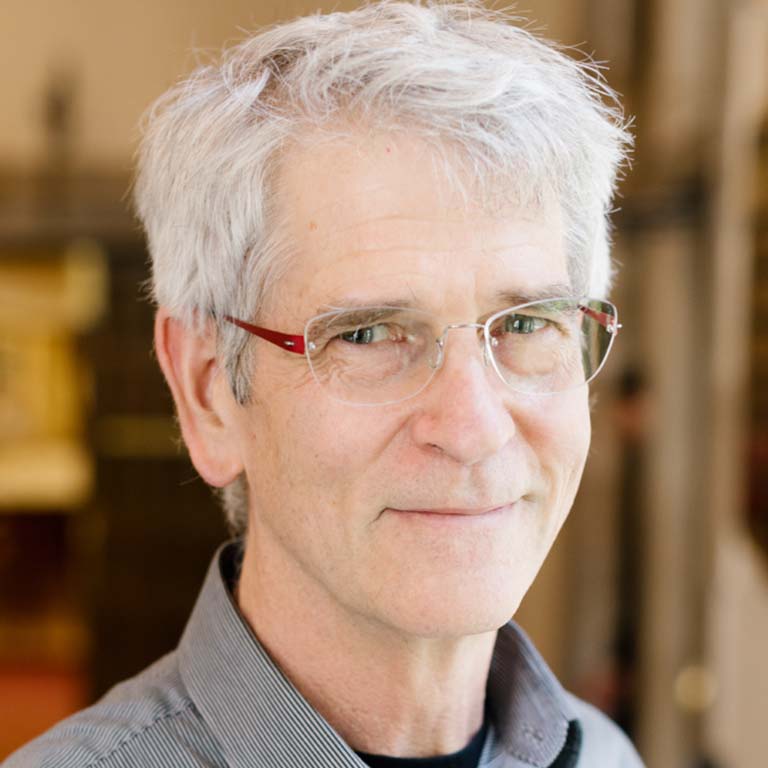

Intentionality is the power of thought to be directed at or about things. Collective intentionality concerns form of intentionality specific to the social world, joint action, shared and group intention, belief, desire, grief, cooperation, conventions and organization, among other things. This talk explores the conceptual scaffolding of collective intentionality and how it structures social reality. By the conceptual scaffolding I mean the ordering of conceptual capacities from the most basic to the most sophisticated required for the different levels of collective intentionality we recognize in the social world. At the bottom lie those concepts which are precursors to the first stages of collective intentional action, what has to be in place to take the next step. At the next stage are the minimal requirements for contributing to a joint intentional action, that is, for having a we-intention, that is, an intention to act with others in accordance with a shared plan. This is the stage at which informal joint action emerges. If I am right, the basic conceptual resources needed here are already in play in individual action. The next stage involves introducing the conceptual resources to think about collective intentional action as such. This enables us to embed in our intentions concepts of action types which are essentially intentional collective action types. Once this is in play, the next stage involves the recognition of the possibility of recruiting items for roles in essentially intentional action types, while abstracting from the particular things recruited. This is the crucial step required for the introduction of status functions, like being a $10 bill or a pawn in a game of chess. The key feature of status functions is that they can play their roles only if they are collective accepted as having them. Recruiting things or types of things for status roles on a recurring basis gives rise to systems of conventions. Once we have the idea, we can extend it to a functional role for an agent in a certain sort in joint intentional action, which can be spelled out in terms of role related duties and responsibilities. Once these conceptual resources are available, we have the basic building blocks of modern institutions, which are described in terms of the functional roles of things and agents interacting with them and each other.
Kirk Ludwig is the Ruth N. Halls Professor of Philosophy and Cognitive Science at Indiana University, Bloomington. His work spans the philosophy of mind, the philosophy of action, especially collective agency, the philosophy of language, epistemology, and metaphysics, especially social ontology. He is the author, with Ernie Lepore, of Donald Davidson: Meaning, Truth, Language and Reality (OUP 2005) and Donald Davidson’ Truth-theoretic Semantics (OUP 2007). He is the editor of Donald Davidson (CUP 2003), and co-editor with Ernie Lepore of A Companion to Donald Davidson (Wiley-Blackwell 2013). He is the author of From Individual to Plural Agency: Collective Action 1 (OUP 2016) and From Plural to Institutional Agency: Collective Action 2 (OUP 2017). He is co-editor with Marija Jankovic of the Routledge Handbook of Collective Intentionality (2018). He co-author with Marija Jankovic of the forthcoming An Introduction to Collective Intentionality in Action, Thought and Society (Routledge 2026).
Sponsored by the Department of Philosophy


